the
shoemakers
SYNONYMS: COBBLER, BOOTMAKER, SOUTER [SCOTTISH]
Who are the people that make sartorial shoes?
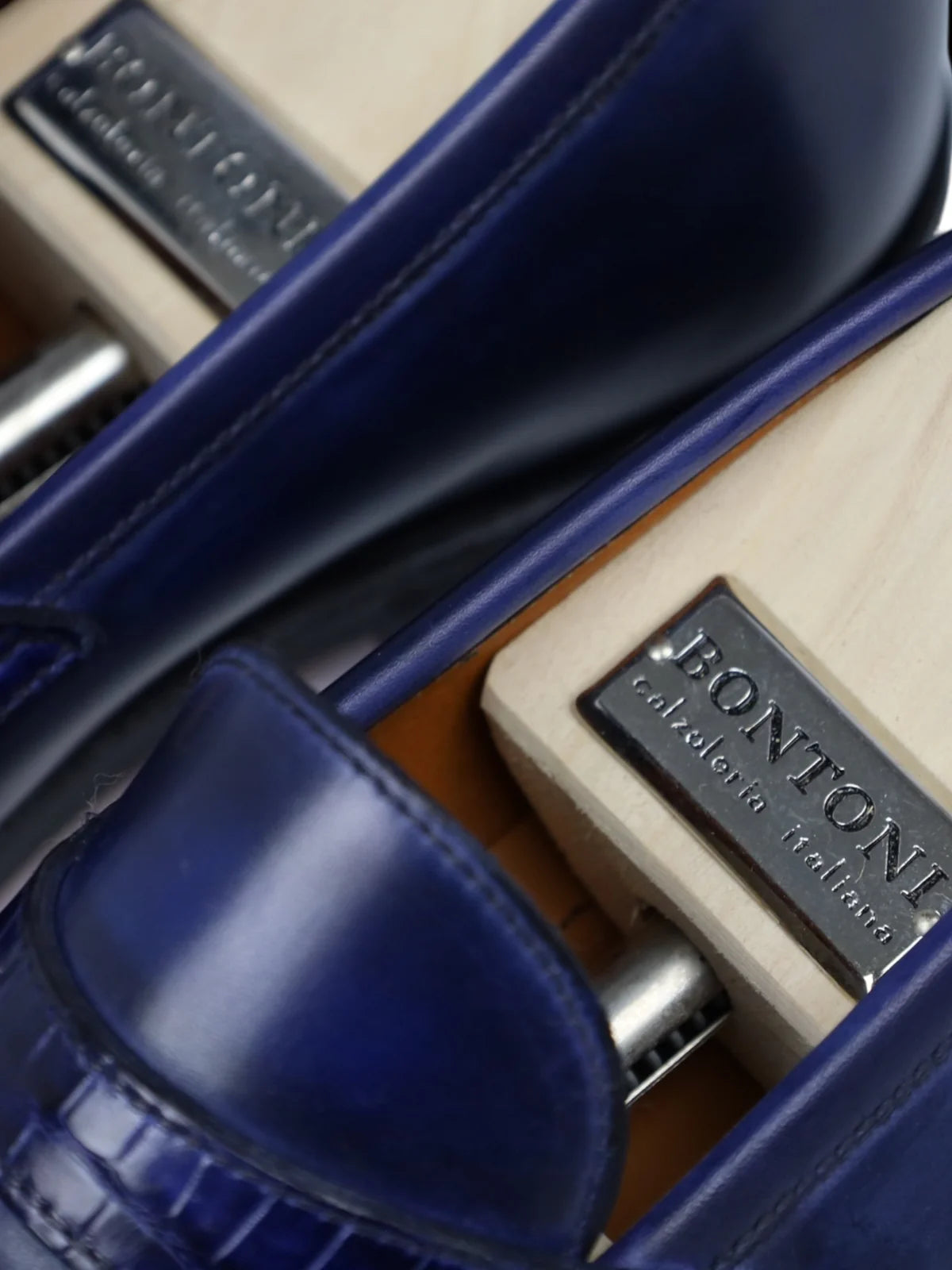
MONTEGRANARO, ITALY
bontoni
Bontoni shoes have been a symbol of tradition in the Le Marche region of central Italy for over 70 years. The journey began in the late 1940s with Guido Gazzani, a young apprentice at the Calzaturificio Strappa e Valentini shoe factory. Initially crafting shoes for local shoemakers, Guido’s exceptional skill quickly earned him a stellar reputation. By 1958, he was creating bespoke footwear for the local gentry and merchants, becoming one of the most sought-after master shoemakers in the region. Guido’s passion and craftsmanship were passed down to his sons, Bruno and Manfredo, who began designing shoes for a select clientele. While many embraced industrialization in the 1970s, Bruno and Manfredo stayed true to their roots, preserving the tradition of personalized, handcrafted shoemaking.
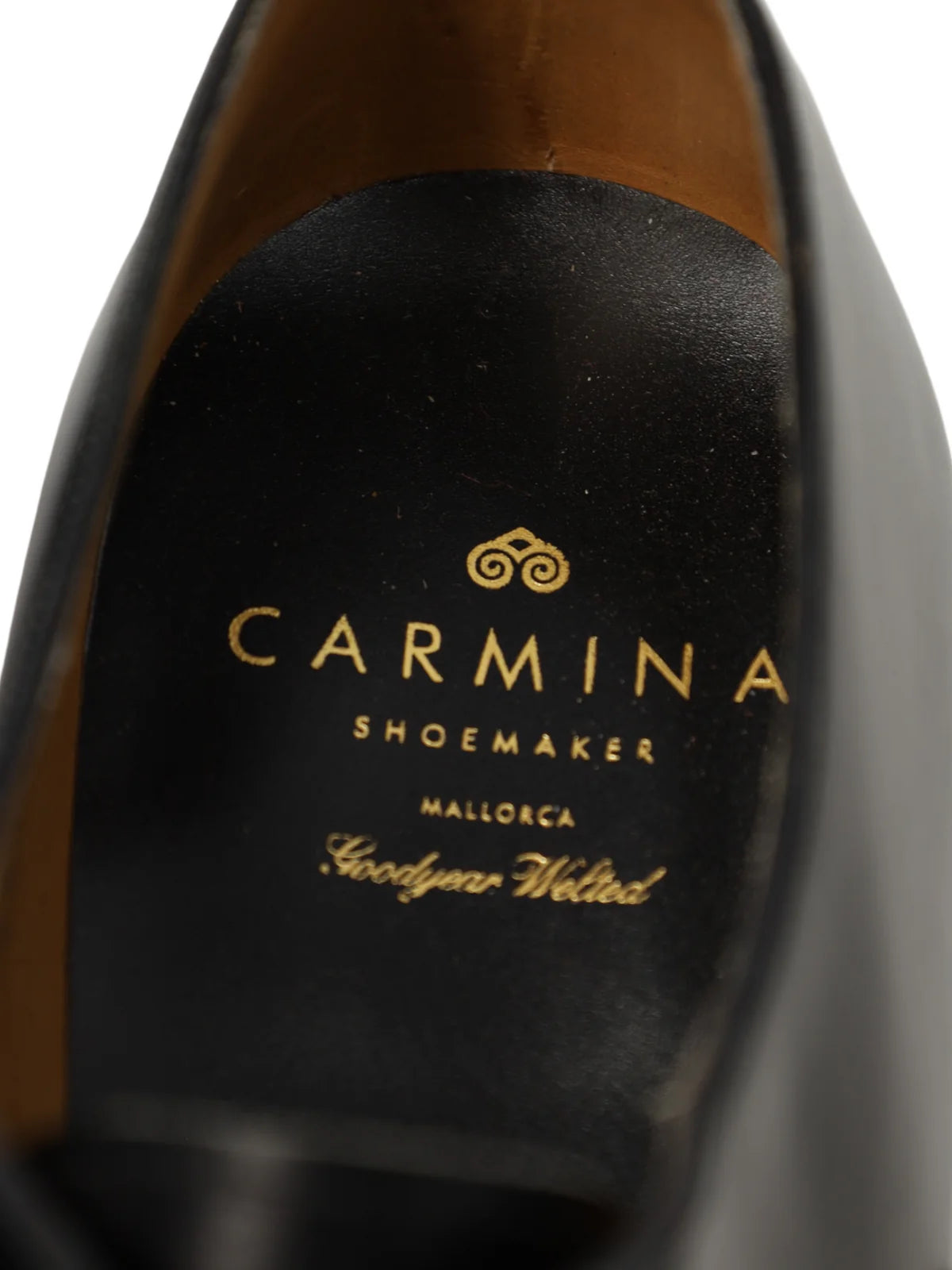
MALLORCA, SPAIN
carmina
In 1866, Matías Pujadas established a small workshop in Inca, Majorca, where he began crafting tailor-made shoes, laying the foundation for a family tradition of shoemaking that has spanned six generations. A generation later, his son Mateo Pujadas followed in his footsteps, opening one of the first factories in the Balearic Islands dedicated to producing Goodyear-stitched shoes. Continuing this legacy, José Albaladejo Pujadas, the founder’s great-grandson, upheld the family tradition. After training with one of Florence's finest shoemakers, he went on to establish one of the largest shoe companies in Spain.
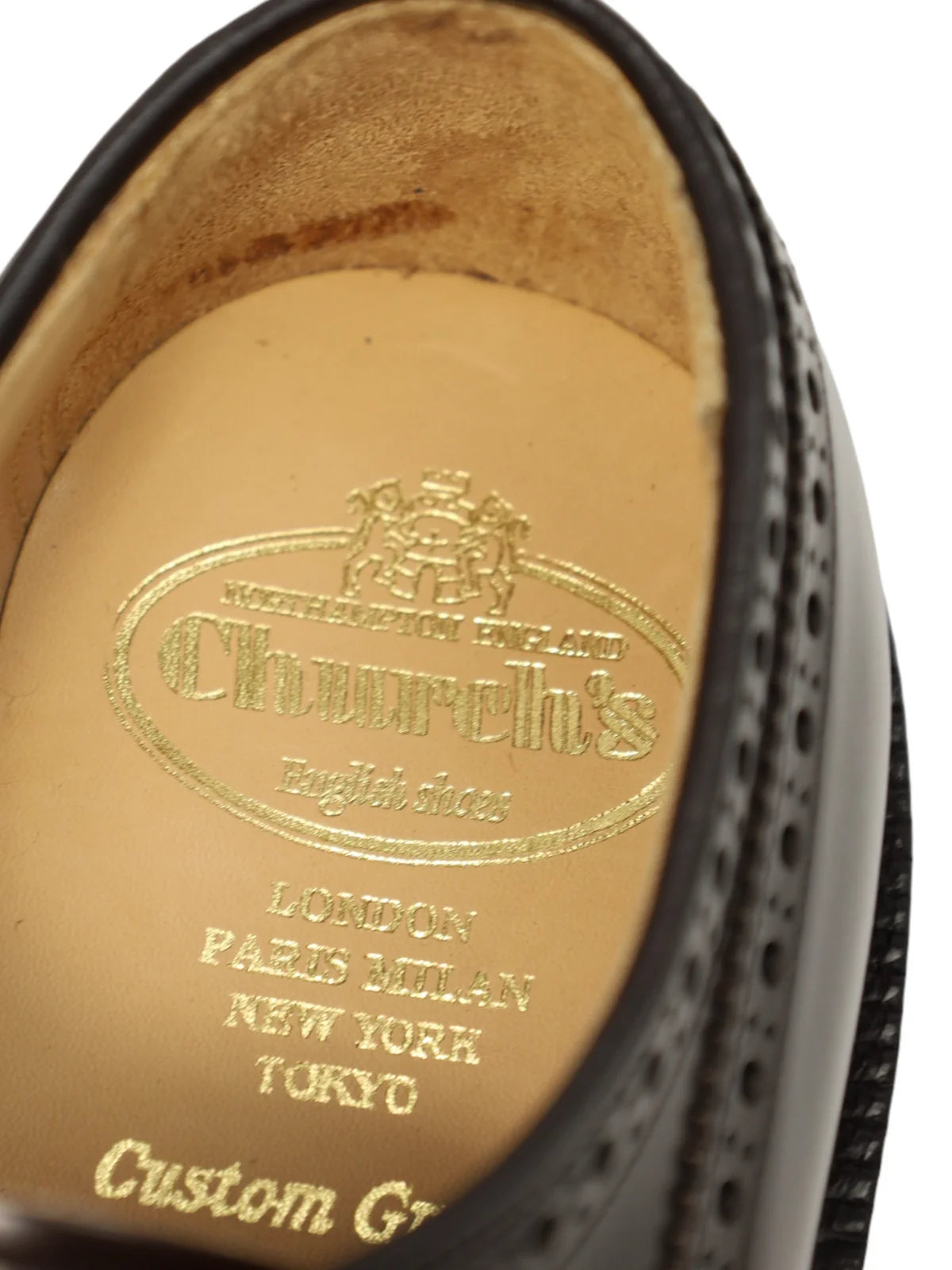
NORTHAMPTON, UNITED KINGDOM
church's
Their history, spanning centuries, reflects a deep appreciation for tradition—an anchor that keeps them grounded while driving them forward. Like any enduring structure, their heritage is built from the ground up, rooted in strong foundations, an acute awareness of the present, and a forward-thinking vision. Church’s official journey in shoemaking began in 1873, when Thomas Church and his three sons founded the company. However, the family’s shoemaking legacy dates back to the 17th century. Stone Church, Thomas’s great-grandfather, was born in 1676 in Northampton, a city renowned for its rich shoemaking heritage. This craftsmanship was deeply embedded in the family’s DNA, making it only natural for Thomas to establish his company in Northampton, where the main factory still operates today.
The business remained family-owned until 1999, when the Prada Group acquired it, providing the resources to expand globally. Today, Church’s produces approximately 5,000 pairs of shoes weekly, with 70% of their production dedicated to exportation.
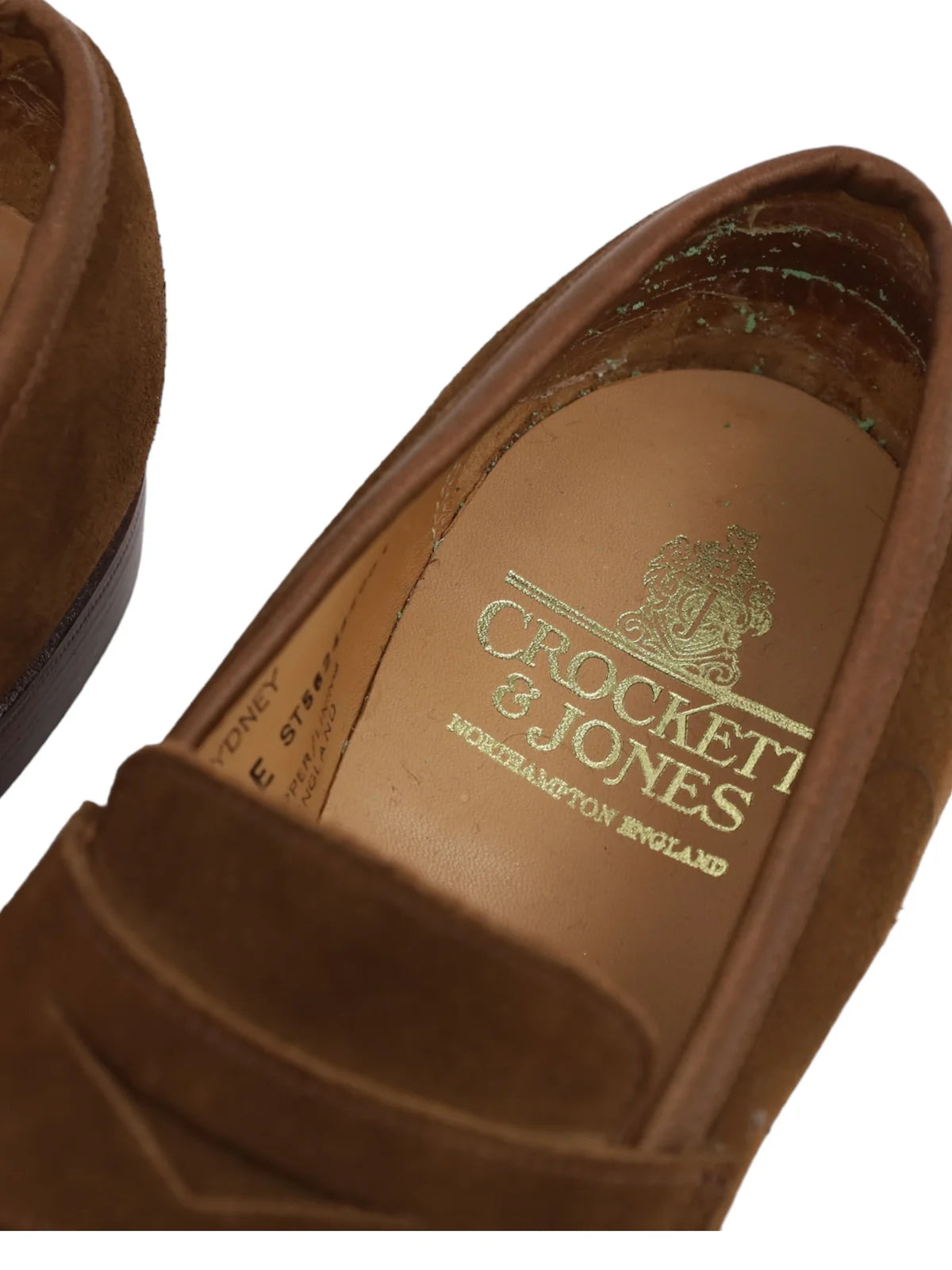
NORTHAMPTON, UNITED KINGDOM
Crockett & Jones
Crockett & Jones was founded in 1879 by brothers-in-law James Crockett and Charles Jones, starting as a modest producer of men’s boots with a £200 grant. Their first factory, located on Exeter Road in Northampton, employed 20 workers. Here, leather was cut before being distributed to out-workers who completed their part of the process at home and returned the components to the factory for assembly.
As the business thrived and demand grew, the company relocated to Carey Street, where they expanded production and adopted the innovative Charles Goodyear machine—a development that would shape the future of shoemaking.
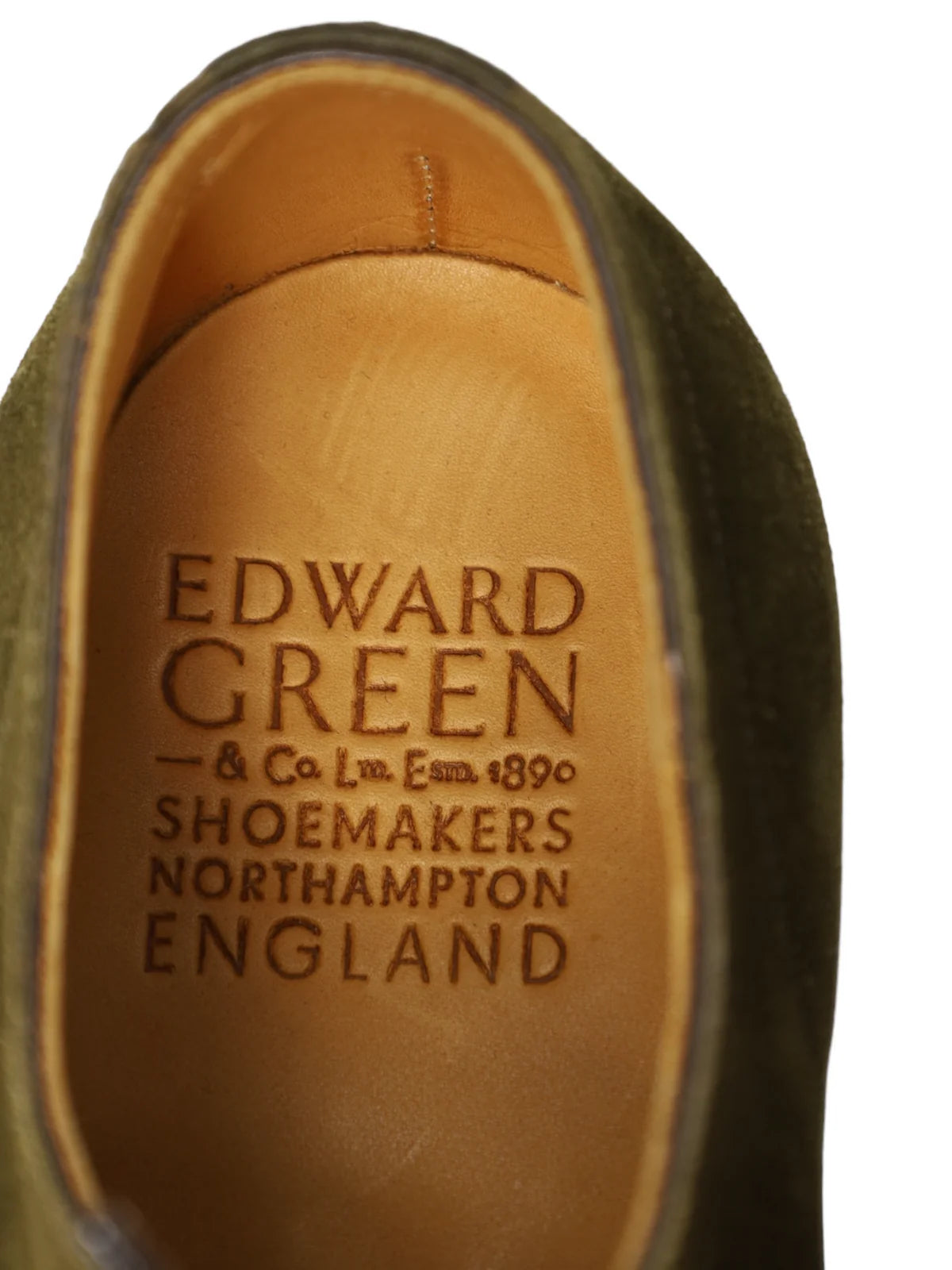
NORTHAMPTON, UNITED KINGDOM
edward green
Every pair of Edward Green shoes is meticulously cut by hand from the world’s finest leathers and crafted in our Northampton workshop, adhering to the same guiding principles that have defined our legacy for over a century. With unwavering attention to detail, our shoes represent the timeless elegance of quintessential English style.
Edward Green himself was a man with a remarkable passion for shoemaking. Starting as a twelve-year-old apprentice, he pursued a vision to create a superior class of footwear. In 1890, he established his own workshop in Northampton, assembling a team of the town’s most skilled craftsmen and sourcing only the finest materials.
His motto, “Excellence without compromise,” became the foundation of his brand, earning Edward Green a reputation for producing the finest English Goodyear Welted shoes. Over time, his creations graced the feet of style icons such as Ernest Hemingway and Edward, the Duke of Windsor, cementing his legacy as a symbol of unparalleled craftsmanship and enduring style.
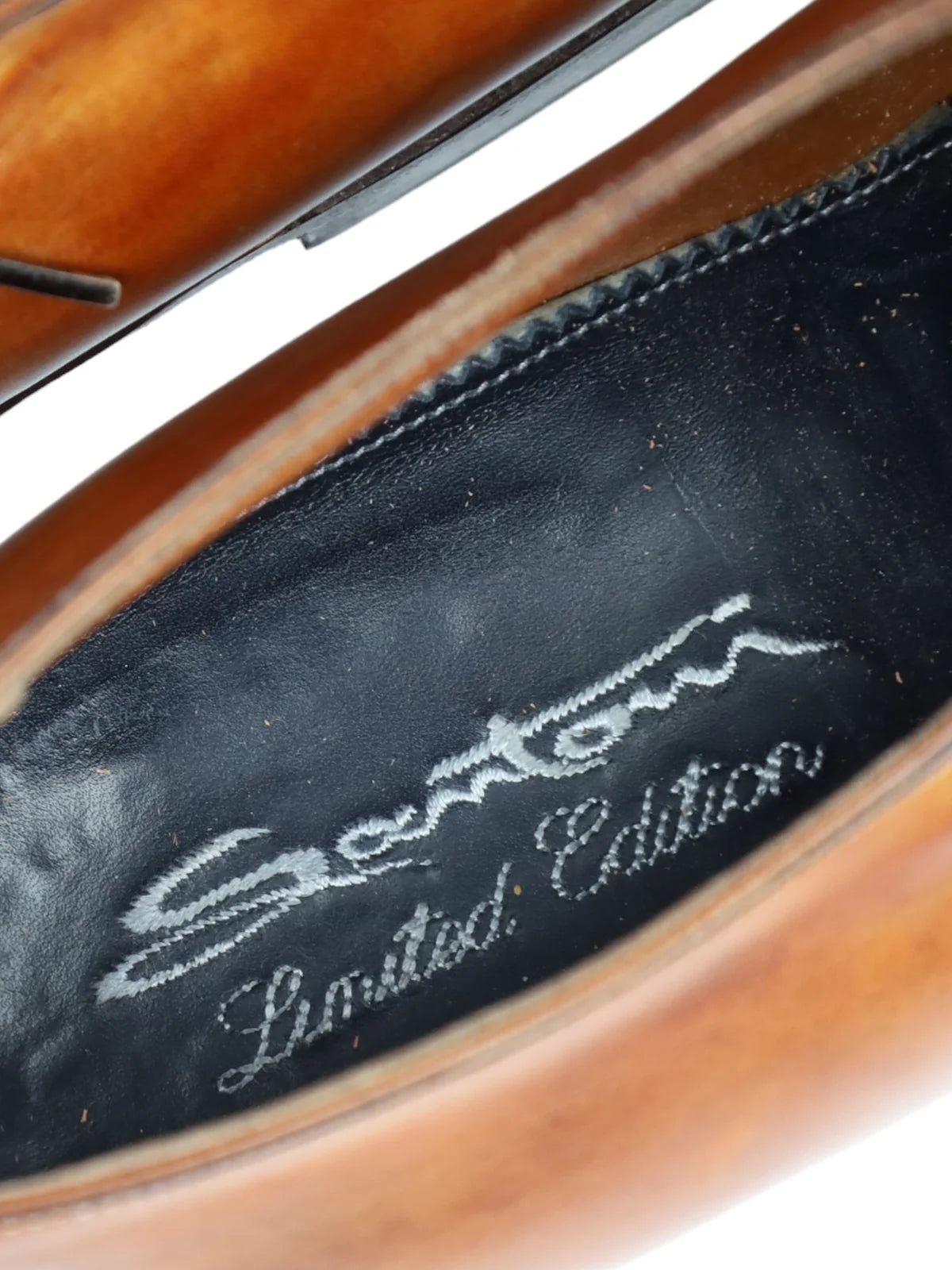
Corridonia, italy
santoni
Santoni’s story perfectly embodies the essence of a luxury brand. Founded in 1975 by Andrea and Rosa Santoni, the brand was born with a vision: to craft state-of-the-art shoes for true connoisseurs. Their commitment to excellence led them to produce and sell their creations exclusively from their own workshop, ensuring unparalleled quality and authenticity.
As the reputation of Santoni grew, demand outpaced the capacity of their original studio. To meet this demand, the operation was relocated to a larger facility. Despite the expansion, the brand remained true to its roots, preserving its meticulous craftsmanship. Today, Santoni shoes are produced in a fully eco-friendly factory, with the artisanal processes and dedication to quality remaining unchanged.

